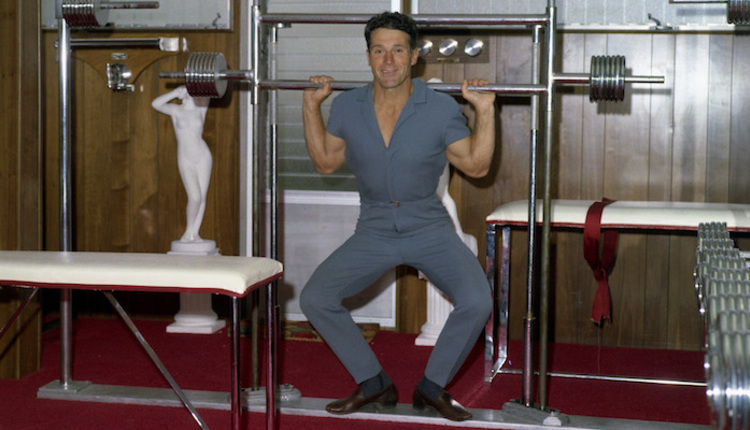
Walk into any gym and you’re bound to run into a personal trainer. Working with a trainer is no longer just for the rich or famous. When I began my personal training business in the mid-1980s, there were no certifications or licensure. In fact, all I needed to do was put a sign on my door saying I was a personal trainer. By 1999, there were a few certifications, but no state regulations; and while many states have tried and failed, that still holds true today.
Just a few years ago, I wrote an article in this very publication defending my practice of only hiring trainers with a four-year degree in exercise science or a related field. My thinking on this has softened over the past few years, as I have witnessed a much higher quality of two-year programs (AA degrees) and certifications.
Our bodies are not something we should play Russian-personal-trainer-roulette with. If a trainer doesn’t know what they are doing, someone could get seriously injured and both the trainer and the gym could be sued. Therein lies one of the arguments for licensure.
Efforts are currently being made to require a license for personal training rather than just certification. This change would make sense as there are a lot of caveats that accompany working out that trainers must be knowledgeable about. The dangers of a sedentary lifestyle are coming to light, motivating record numbers of people to get help with their fitness. For those who are intimidated by the gym or those who are just clueless, the most logical step is to turn to a personal trainer. However, with the lack of regulations, there is distrust and speculation about the legitimacy of personal trainers. If the profession were to have licensure, there is a better chance that people would be more trusting of trainers and, in turn, begin to seek them out more often. This could help our industry grow while encouraging people to live an active lifestyle.
Many in the training community are hoping for stricter regulations. With tighter requirements, the NSCA (National Strength and Conditioning Association), for example, believes that the future will include opportunities for further specialization by personal trainers. Unique areas such as injury prevention, athletic training, or sport specific conditioning are just a few on the list.
Some believe that a four-year degree must be available – perhaps necessary – for those hoping to work as a personal trainer. Even a bachelor’s degree in biology or exercise science can make a trainer’s resume more appealing thanks to the anatomy and physiology background they would have in addition to their other certifications.
Finally, others think that, like nursing or physical therapy, there should be a state-mandated exam that hopeful trainers must pass prior to practicing. This could solve the problem of the wide range of educations if everyone focused on the same concepts. It would also regulate the certification process by giving all trainers the same seal of approval by an oversight board, further increasing trust in our profession.
Like many health-related professions, personal training is booming and has a positive outlook moving forward. So, is the next logical step some mode of regulation over who can be a personal trainer? Let’s see what the next 20 years brings.




















